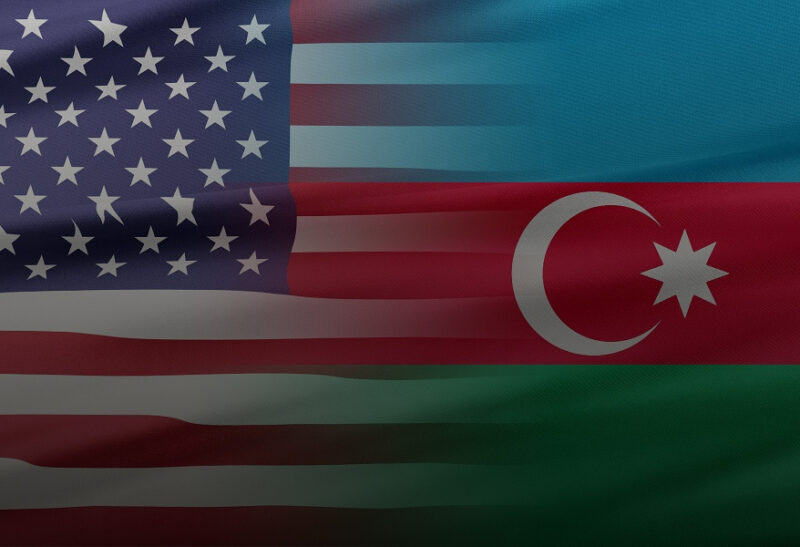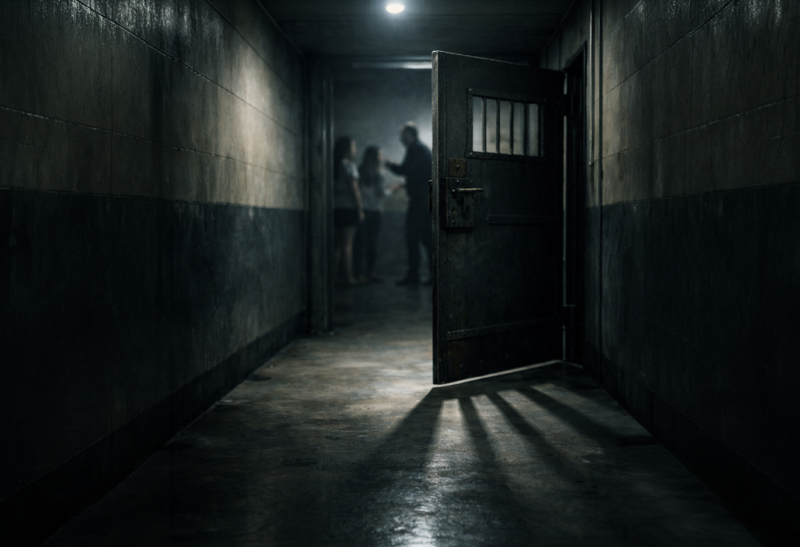During the second week of November, Azerbaijan and Armenia exchanged accusations, provocations and alleged violations of the previous cease-fire agreement, which was brokered by Russia after a 44-day-long war over Nagorno-Karabakh in 2020.
Clashes were reported from Shusha and Lachin. Both areas are strategic locations, and representatives of Azerbaijan and Armenia traded barbs regarding the accuracy of the violations.
On 8 November, an exchange of fire near Shusha in the Karabakh region left one Armenian civilian dead and three further wounded. As a result, both sides accused each other of being responsible for the event and for continuing provocations in a fragile region.
Tensions escalated during the week, with reports of Armenian soldiers besieged in Lachin and wounded Azerbaijani soldiers, raising concerns about the stability of the region among international observers, such as the OSCE and the Council of Europe.
The 16 November clashes were reportedly the most violent, with the Armenian Defense Ministry stating that one soldier had died and thirteen had been taken hostage. Their Azerbaijani counterparts announced seven dead and ten injured servicemen.
After this clash, talks between the Defense Ministers of Azerbaijan and Armenia, Zakir Hasanov and Suren Papikyan, were held. The calls were moderated by the Russian Defense Minister, Sergei Shoigu.
As a result of the telephone conversations, both countries apparently have taken measures to stabilize the situation and to cease fighting.
This was a major breach of the ceasefire agreement achieved after the Fall 2020 War. Since then, certain areas have returned to Azerbaijani control and Russian peacekeeping forces operate in the region.



